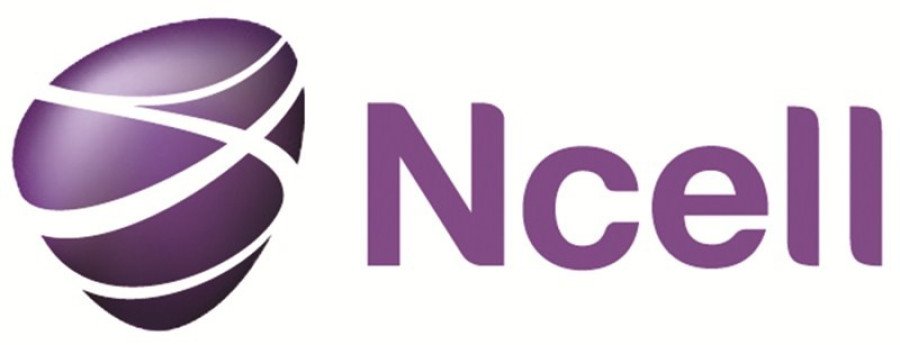Valley
Top court orders Ncell and Axiata to pay capital gains tax
The Supreme Court on Wednesday ordered Ncell, a private sector telecom giant in Nepal, and its owner Axiata Group, a Malaysian company, to pay the capital gains tax, ending a long-drawn debate over whether the buyer should pay the tax when the seller does not clear its tax liability.
Prithvi Man Shrestha
The Supreme Court on Wednesday ordered Ncell, a private sector telecom giant in Nepal, and its owner Axiata Group, a Malaysian company, to pay the capital gains tax, ending a long-drawn debate over whether the buyer should pay the tax when the seller does not clear its tax liability.
After Swedish company TeliaSonera, which previously owned Ncell, exited the country without paying the capital gains tax after it sold the company to the Malaysian telecom giant on April 11, 2016, the debate had been going on whether the buying company should take tax liability of the seller.
Issuing an order of mandamus, a full bench of Chief Justice Cholendra Shamsher Rana and Justices Mira Khadka, Bishwombher Prasad Shrestha, Anandamohan Bhattarai and Tanka Bahadur Moktan said that Ncell and Axiata need to the pay capital gains tax.
The court passed the order by bringing together four different cases related to Ncell.
Kishore Poudel, a media specialist at the apex court, told the Post that the court issued the order in the names of both Ncell and Axiata, saying they are liable to pay the capital gains tax as the mobile company was under effective control of Axiata.
Earlier, the government’s efforts to recover the capital gains tax from TeliaSonera had failed even though the Large Tax Payers’ Office (LTO) had served a notice to the Swedish company determining its tax liability worth Rs65.4 billion in January 2018.
The latest court order has paved the way for the LTO to recover the tax amount.
Of the total tax liability, Ncell has already paid Rs23.6 billion in capital gains tax, of which Rs9.97 billion was paid in May 2016 and Rs13.6 billion in the first week of June in 2017 following intense pressure from the government and civil society.
Earlier, the LTO had also mounted pressure on Ncell and Axiata to pay the tax after failing to recover the tax from TeliaSonera.
Based on the LTO’s letter, Nepal Rastra Bank on July 10, 2017 had issued directives to banks and financial institutions not to provide foreign exchange facilities to the companies associated with Ncell-Axiata and Reynolds Holdings Limited, among others. Reynolds Holding was TeliaSonera’s wholly-owned subsidiary registered at Saint Kitts and Nevis, a tax haven.
But on December 24, 2017, Justices Om Prakash Mishra and Kedar Prasad Chalise issued the final verdict allowing repatriation of profits earned by the telecom service provider in the country. Stating that obstruction of dividend repatriation would adversely affect the company and its shareholders, the court directed the government not to obstruct the process. The central bank has since given the nod to Ncell to repatriate around Rs23 billion.
On January 18, 2018, a group of civil society members, including former government secretary Dwarika Nath Dhungel, filed a public interest litigation at the Supreme Court demanding that Ncell and Axiata be asked to pay the capital gains tax. Responding to the writ, the apex court on Wednesday passed the judgment in favour of the petitioners.
The issue of tax debate came to the fore after the tax authority failed to notify Axita about tax liability despite Axiata seeking to know whether the deal would attract tax Nepal.
In a record deal struck in April 2016, Malaysia’s Axiata bought Reynolds Holding, which held a majority stake in Ncell, from TeliaSonera at an enterprise value of $1.03 billion. The Malaysian company had also acquired 19.6 percent stake in Visor Group of Kazakhstan, increasing its stake in Ncell to 80 percent. But the tax authority initiated the process to tax the transaction only after TeliaSonera exited Nepal.




 22.26°C Kathmandu
22.26°C Kathmandu













